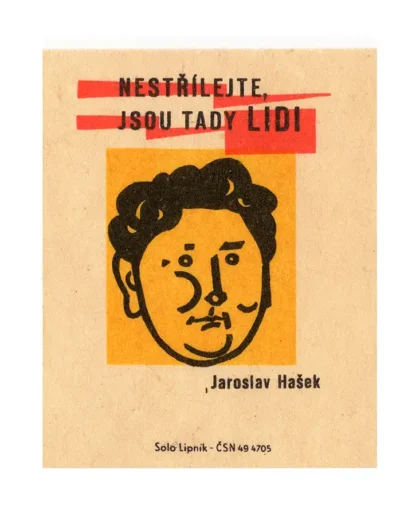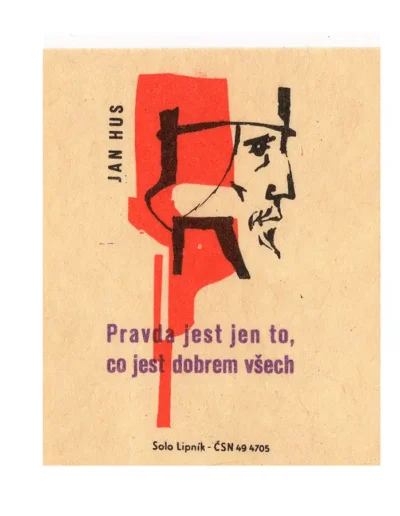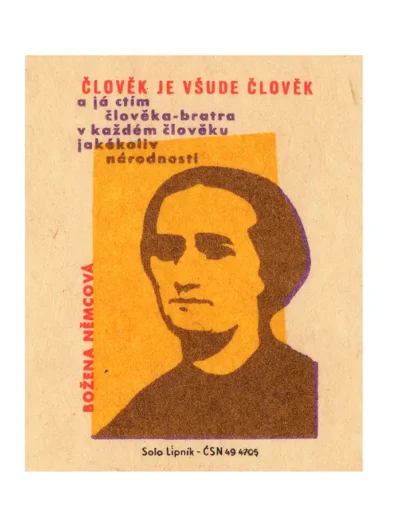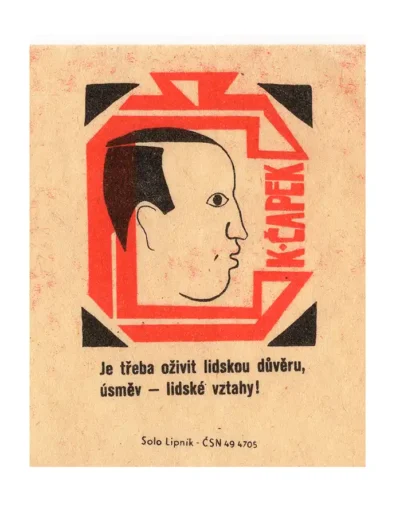Welcome to the gallery of Czechoslovak celebrities, a tribute to the illustrious figures who have shaped the cultural, intellectual, and historical landscape of Czechoslovakia. This gallery spans several centuries, showcasing the contributions of writers, poets, religious reformers, and educators whose legacies continue to inspire and influence.
15th Century
Jan Hus
Jan Hus (1372-1415) stands out as a seminal figure in Czechoslovak history. A key religious reformer, Hus was a precursor to the Protestant Reformation. His advocacy for church reform and resistance to corruption within the Catholic Church ultimately led to his martyrdom. Hus’s commitment to truth and justice laid the groundwork for future religious and political changes in Europe
17th Century
Jan Amos Komenský
Jan Amos Komenský (1592-1670), also known as Comenius, is hailed as the father of modern education. His innovative ideas on pedagogy and his belief in universal education transformed educational practices. Notable works include “Orbis Pictus” and “Didactica Magna,” which emphasized lifelong learning and the development of a structured, humane approach to teaching.Josef Kajetán Tyl
Josef Kajetán Tyl (1808-1856) was a playwright and writer whose works significantly contributed to Czech literature and theater. His most famous play, “Fidlovačka aneb Žádný hněv a žádná rvačka,” includes the song “Kde domov můj,” which later became the national anthem of the Czech Republic.
Yet, the festival is not merely a relic of the past; it is a living, breathing celebration that evolves with each iteration. Modern compositions find their place alongside traditional melodies, showcasing the dynamic and innovative spirit of Lithuania’s cultural landscape. Through these performances, the festival narrates the story of a nation that cherishes its roots while boldly stepping into the future.
19th Century
Karel Havlíček Borovský
Karel Havlíček Borovský (1821-1856) was a journalist, writer, and politician, known for his sharp criticism of the Austrian Empire. He is considered one of the founders of modern Czech journalism and literature, using his writing as a tool for political activism and national awakening. His notable works include “Tyrolské elegie” and “Král Lávra.”
Božena Němcová
Božena Němcová (1820-1862) is one of the most prominent Czech writers, best known for her novel “Babička” (The Grandmother), which remains a classic of Czech literature. Her works often highlight the lives of ordinary people and reflect her deep empathy for human struggles.
Jan Neruda
Jan Neruda (1834-1891) was a poet, journalist, and writer whose works are a cornerstone of Czech literature. His collection of tales, “Povídky malostranské” (Tales of the Little Quarter), provides a vivid depiction of life in 19th-century Prague, blending realism with social commentary.
Svatopluk Čech
Svatopluk Čech (1846-1908) was a versatile writer and poet whose works range from epic poetry to satirical prose. His notable works include “Husita na Baltu” and “Nový epochální výlet pana Broučka.”
20th Century
Alois Jirásek
Alois Jirásek (1851-1930) was a historian and novelist whose works, such as “Staré pověsti české” (Old Czech Legends) and “F.L. Věk,” are vital to Czech cultural heritage. His historical novels and plays often depict pivotal moments in Czech history, fostering national pride and identity.
Jiří Wolker
Jiří Wolker (1900-1924) was a poet whose brief but impactful career left a lasting mark on Czech literature. His works, such as “Host do domu” and “Těžká hodina,” are characterized by their lyrical beauty and social consciousness.
Vladislav Vančura
Vladislav Vančura (1891-1942) was a writer, playwright, and filmmaker known for his innovative narrative techniques and exploration of human psychology. His novel “Marketa Lazarová” is a classic of Czech literature.
Karel Čapek
Karel Čapek (1890-1938) is one of the most internationally renowned Czech writers, famous for his science fiction works such as “R.U.R.” (Rossum’s Universal Robots), where he coined the term “robot.” Other notable works include “War with the Newts” and “The Absolute at Large,” which often explore themes of technology, ethics, and human values.
Jaroslav Hašek
Jaroslav Hašek (1883-1923) is best known for his satirical novel “The Good Soldier Švejk,” which lampoons the absurdities of war and bureaucracy. Hašek’s sharp wit and keen observations continue to resonate with readers worldwide.
Ivan Olbracht
Ivan Olbracht (1882-1952) was a writer and journalist whose works often focused on social issues and the lives of marginalized communities. His novel “Nikola Šuhaj loupežník” remains a significant work in Czech literature.
František Xaver Šalda
František Xaver Šalda (1867-1937) was a literary critic and writer whose essays and critiques shaped modern Czech literary thought. His influence extended beyond literature to the broader cultural and intellectual discourse.
These celebrated figures, along with many others in this gallery, have left indelible marks on Czechoslovak history and culture. Their diverse contributions continue to inspire new generations, reflecting the rich heritage and enduring spirit of Czechoslovakia. Explore their works and delve into the profound impact they have made on literature, education, and social thought.



